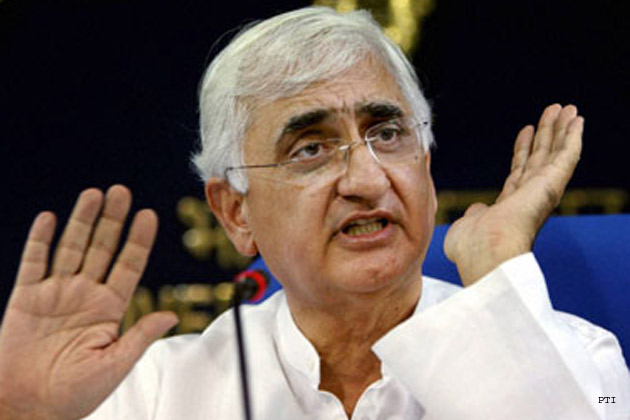New Delhi, (IANS): In a comment that barely any Congress leader has voiced in public, former External Affairs Minister Salman Khurshid has described P.V. Narasimha Rao as an ideal Prime Minister, while maintaining that things changed after the demolition of Babri Masjid in December 1992.
“He (P.V. Narasimha Rao) was an ideal Prime Minister, who believed in consensus and would talk to everybody but yet not take credit for everything,” the 64-year old politician said on Saturday at South Asia Conclave 2017 in the Capital.
He was in conversation with eminent scholar Vinay Sitapati, who has also authored a biography of Rao; author, commentator and former CEO of Procter and Gamble India Gurcharan Das; and T.N. Ninan, Chairman and Editorial Director of Business Standard. The panel was moderated by journalist Barkha Dutt.
When he was probed further on the “indifference” that was shown towards the former Prime Minister by the Congress high command, Khurshid said that he finds it to be far too “exaggerated” over the years. He also added that there were many people within the Congress who were not of his (Rao’s) “mould” and Congress President (Sonia Gandhi) was among them.
“But she never hated him,” Khurshid added, on being continuously interjected by the moderator.
Rao served as the ninth Prime Minister of India from 1991 to 1996, and among the political inconsistencies that his term saw, the one that in Khurshid’s own words looms large is the destruction of the Babri Masjid in Uttar Pradesh in December 1992.
“There’s something that looms large over the demolition of Babri Masjid. The fate of our party and the fate of our country changed after that,” he said, adding that Rao was himself very much troubled and deeply hurt by what was happening all around him.
He also recalled that soon after the demolition of Babri Masjid, many Congress leaders, particularly those from the minority groups, were being pressurised by some leaders to resign.
“I remember telling this to somebody that I can resign today and ensure a shining political career for me and I may not ever win a seat in the Parliament if I don’t resign. But today the country matters more and so I will not resign,” Khurshid shared.
Throwing light on one of his last conversations with Rao, Khurshid recalled the former Prime Minister telling him that he had always been accused of not taking a decision.
“But Salman, isn’t not taking a decision also a decision,” Khurshid recollected Rao telling him during the last days of his life.
While most of the Congress leaders give full credit to Rao for his economic reforms, perhaps nobody in recent times has come close to describing him as an “ideal” Prime Minister.
The South Asia Conclave 2017 was organised by Oxford University Press with an aim to bring together leaders, politicians, industry experts and policymakers on one platform to explore contemporary research and ideas on modern South Asia.


